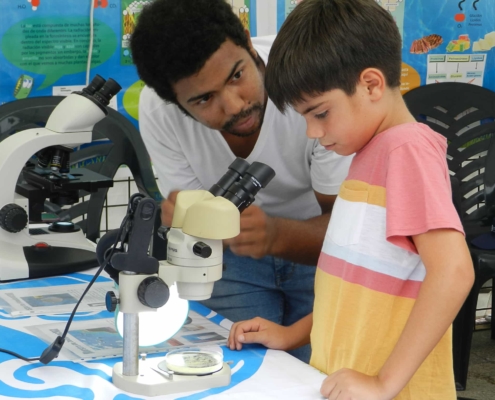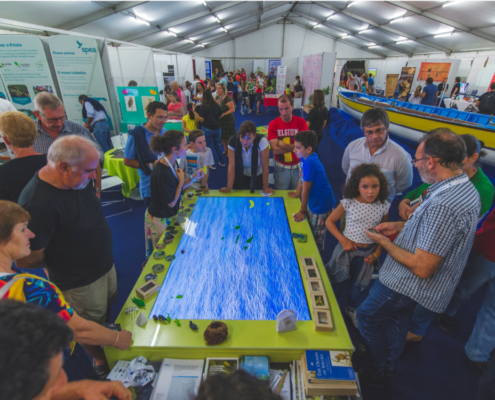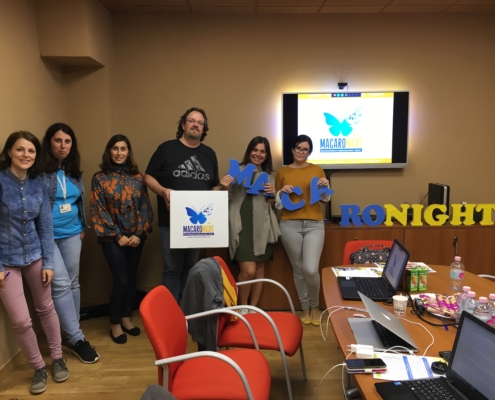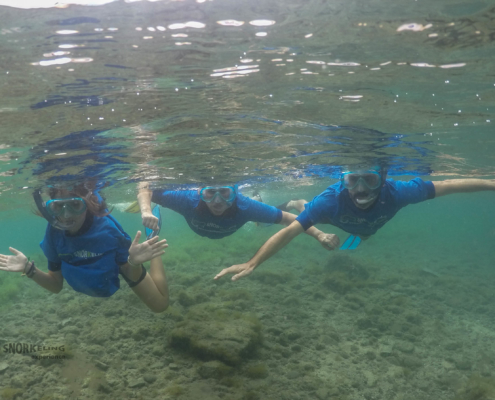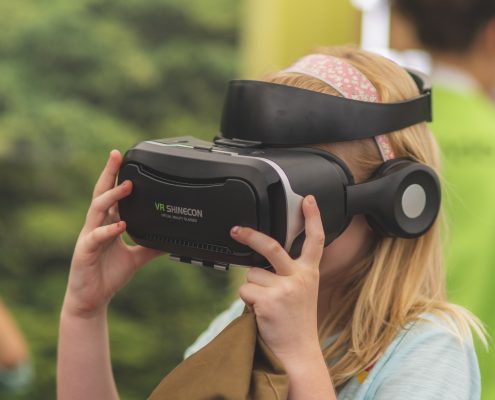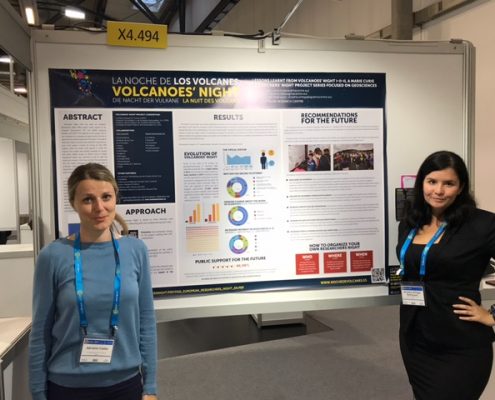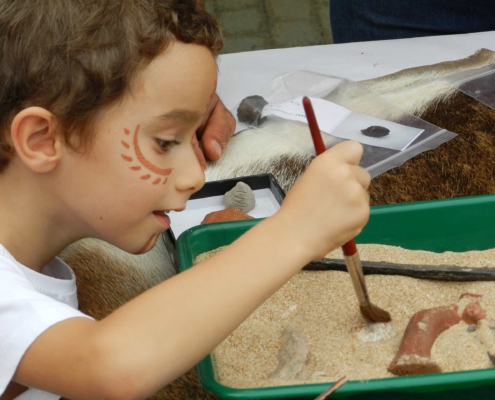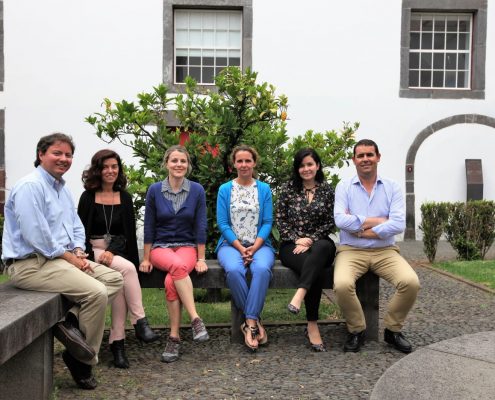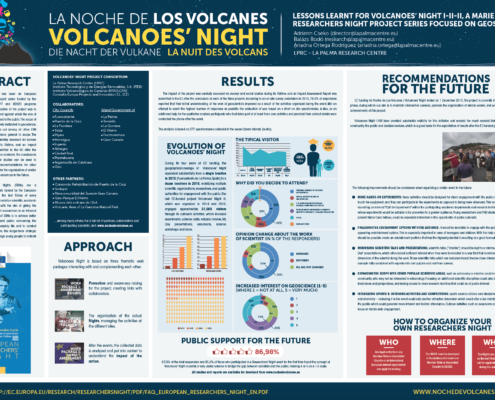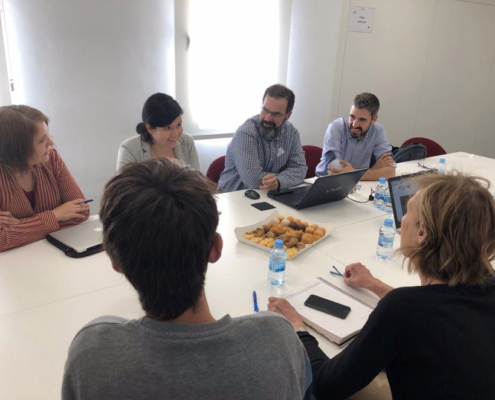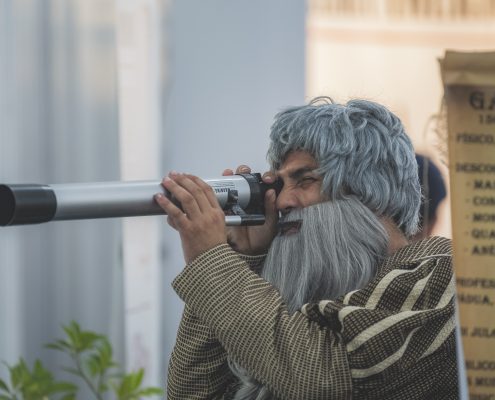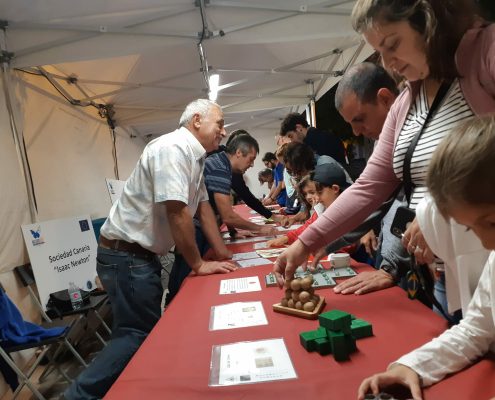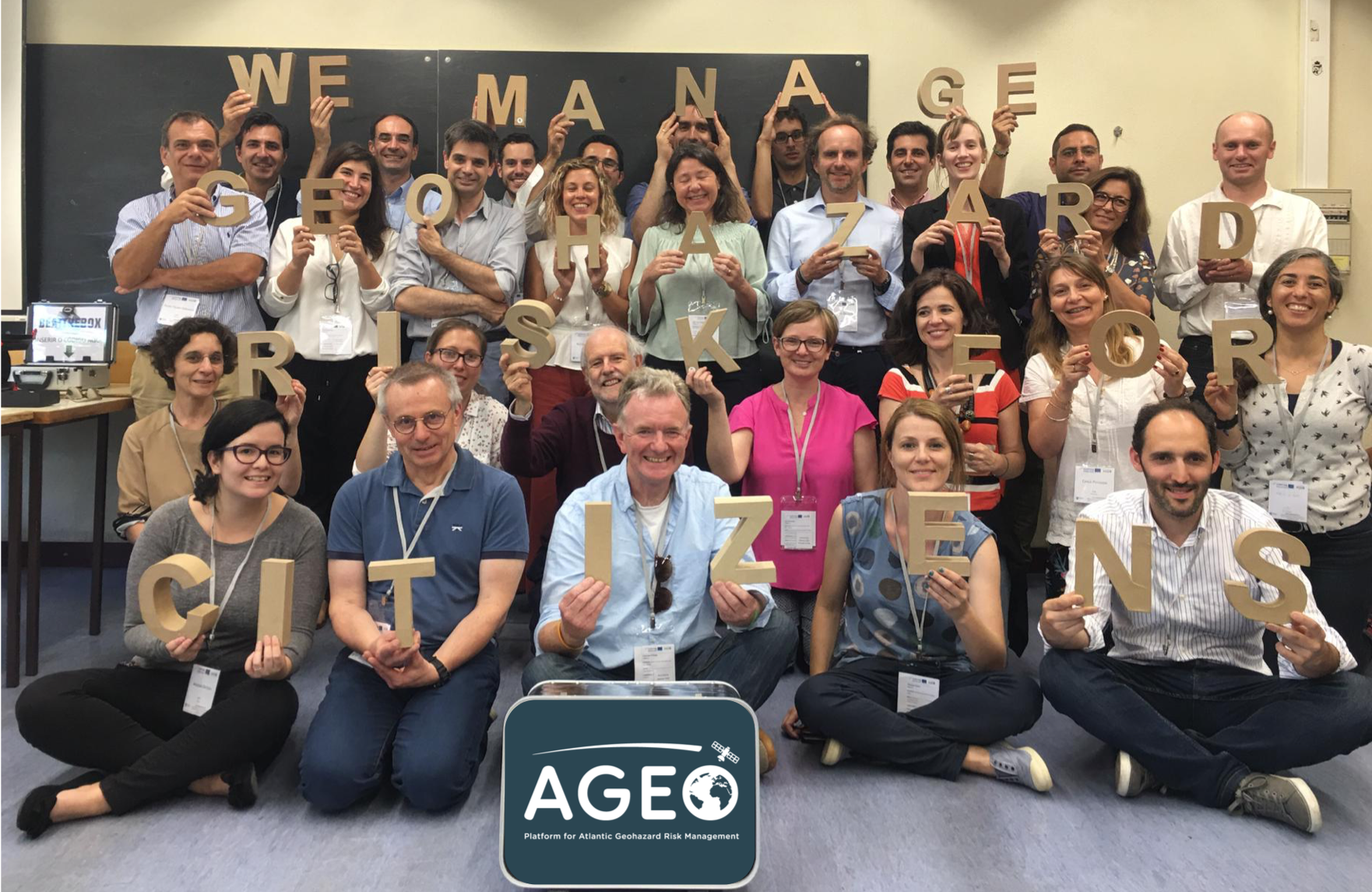Science Communication
Science Communication in the era of instant access to information and fake news engaging non-experts in science-related topics is critical to fight miscommunication. In the last years, communicating science has evolved into a professional field on its own, reveling the complexity of properly reaching the general public and, most importantly, ensuring the understanding of the topic.
Science outreach or popularization is nothing new. Steaming from the nineteenth century improving of the printing press and the creation of the first mass media was the pionner of science dissemination. Nonetheless, the amount of data back then and nowadays is worlds apart and has resulted in an informational overload that is very hard to sort, even for informed individuals. As a consequence, the field of science communication has an indispensable moral and social role in today’s media, a role in which scientists must participate actively.
European and world-wide initiatives, such as European Researchers’ Night or Pint of Science intend to bring scientists to the stage by upgrading the level of visibility of their disciplines. All of these initiatives rely on a background support of communication experts.
LPRC counts with a team of experts in social media, website development and design, working tightly with professionals to bridge science and society. Our efforts, on one hand, are targeting the public at large raising awareness towards geosciences, via showcasing of leading European research results of the field; while on the other hand we also put special efforts on reaching out to the population of our closer environment, the outermost region of Macaronesia, in parallel to showcasing the research potential of this special region to Europe.
Examples of our work include Volcanoes Night I-II-III and Macaronight, four Researchers` Night projects that were all initiated by LPRC and have been organized in row in the past few years showcasing the potential of the region.
As part of the KINDRA project our team prepared a series of outreach material and adopted the technical content and results of the project into outreach materials that help citizens to understand the relevance of groundwater in daily life.
Citizen Science & Citizen Observatories
There is nothing new in non-scientists recording and analyzing natural phenomena, from Victorian ladies recording the blooming of flowers on their diaries, or Leonardo Da Vinci’s study of geology for his paintings to clergymen keeping track of quakes, floods and other natural disasters in their regions.
Today, a revolution of sorts comes attached to handheld devices and responsible citizens that contribute to science from their homes – be it measuring light pollution, plastic contamination, geological risks or adding to regional policies -.these citizen scientists collect valuable data and contribute to the advancement of science in a very significant way. Yet, the outcome of these running initiatives are still being or to be evaluated and further research is to be done on strategies that leads to cooperation bearing concrete, measurable and unbiased results.
LPRC is proud to participate in the recently launched AGEO Atlantic Interreg project that aims to create a Citizen’s Observatory for Geohazard Risk Management in the Atlantic Area based on the contribution from European citizens.

